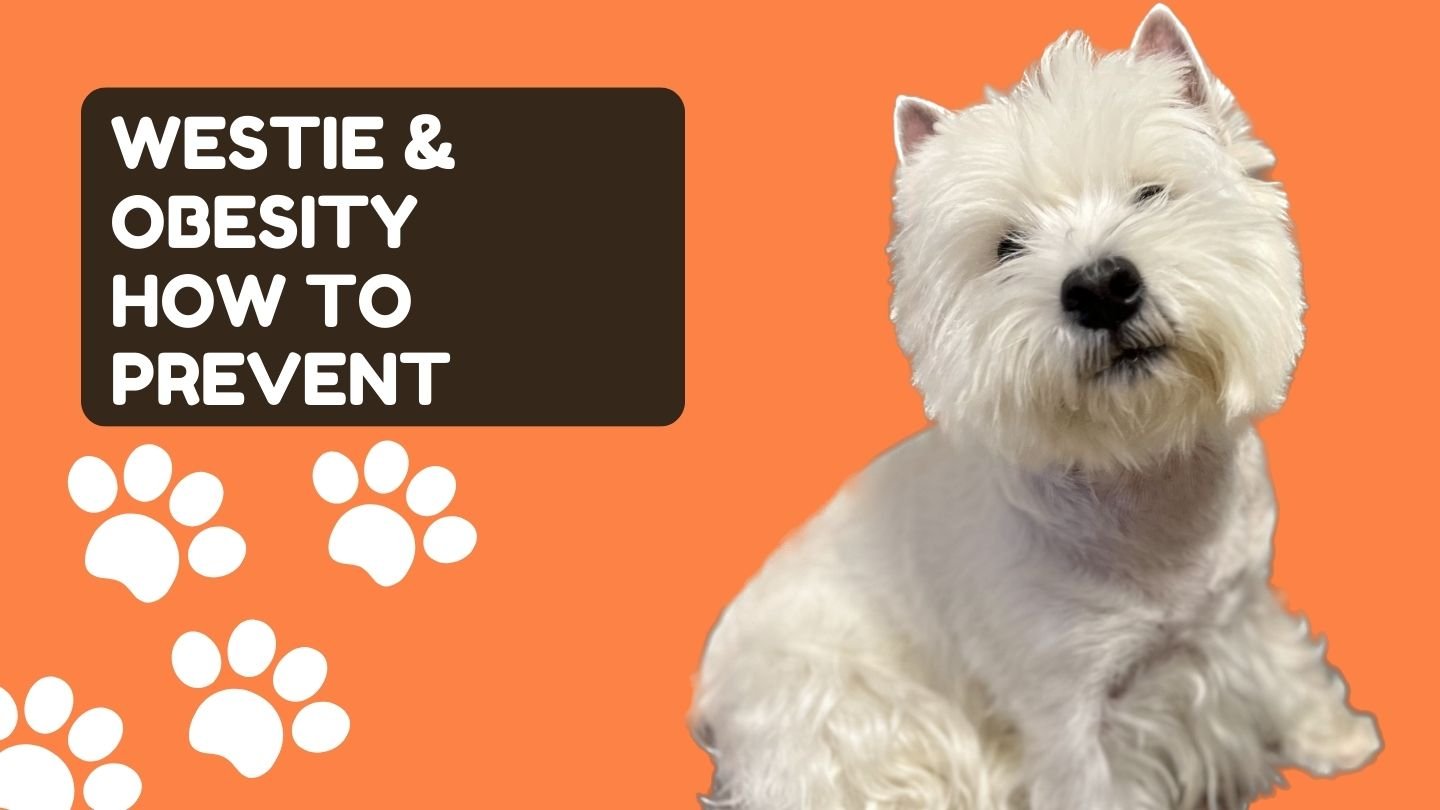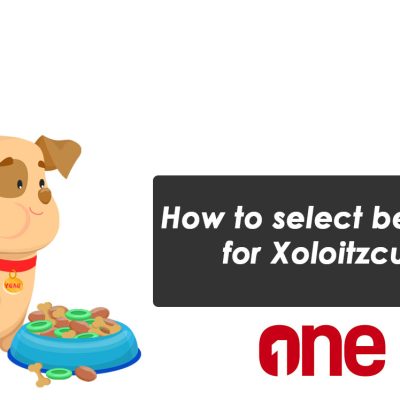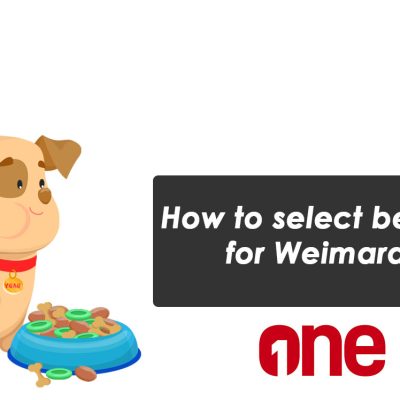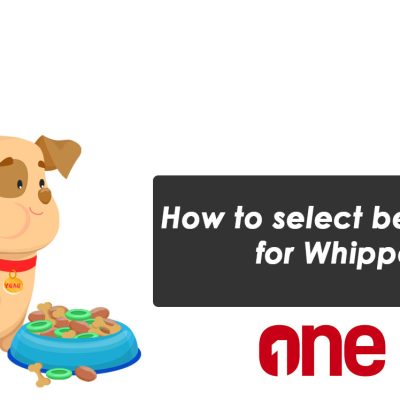
The West Highland White Terrier, often affectionately nicknamed a “Westie,” is a charmer wrapped in a fluffy white coat. These little balls of energy may look delicate, but they have hearty appetites and boundless personalities. Fueling this feistiness requires the right food – and with shelves overflowing with dog food options, choosing the perfect kibble can feel as overwhelming as trying to decipher a fashion runway show. Fear not, fellow Westie caretaker, for this guide will equip you with the knowledge to become your pup’s personal nutrition guru!

Understanding Your Westie’s Dietary Needs
West Highland White Terriers are a special breed with specific nutritional requirements. These little dynamos are like furry whirlwinds, constantly on the go. Here’s a quick rundown of what your Westie needs to stay energized for their playful antics:
- Protein Powerhouse: Protein is the building block for strong muscles and bones, and it’s especially crucial for growing puppies. Aim for a food that lists a high-quality protein source like chicken, fish, or lamb among the first few ingredients.
- Fat Fighters: Don’t be afraid of healthy fats! Fats provide essential fatty acids that contribute to a shiny, healthy coat, which is a Westie’s crowning glory. They also aid in digestion.
- Carb Caution: While carbohydrates provide energy, West Highland Terriers don’t need a ton of carbs in their diet. Look for a food that prioritizes protein and healthy fats over fillers like corn or wheat. Think of carbs as treats, not staples, for your energetic Westie.
- Vitamin and Mineral Must-Haves: Just like us humans, Westies need a variety of vitamins and minerals to stay healthy. A well-balanced kibble should provide all the essential vitamins and minerals your pup needs.
Don’t forget about water! Make sure your Westie always has access to fresh, clean water.
Puppy Power: Puppies have different nutritional needs than adult dogs. They need a food specially formulated for growing pups with extra protein and calories to support their rapid development.
Senior Savvy: As your Westie ages, their dietary needs may change. Senior dogs may need a food with fewer calories and easier digestibility.
Remember: Always consult your veterinarian before making any changes to your Westie’s diet. They can help you choose the right food based on your dog’s age, health, and activity level.
The Kibble Conundrum: Dry vs. Wet vs. Raw
Now that you understand your Westie’s dietary needs, let’s explore the different types of food available:
- Dry Kibble: This is the most popular choice for Westies. Dry kibble is convenient, affordable, and good for your Westie’s dental health because it helps scrape away plaque as they chew.
- Wet Food: Wet food can be a good option for picky eaters or senior dogs with dental problems. However, it can be more expensive and messy than kibble, and may not provide the same dental benefits.
- Raw Food: Raw feeding can be a healthy option for Westies, but it requires a lot of research and preparation. It’s important to ensure your raw food diet is balanced and complete to meet your Westie’s nutritional needs.
Here’s a handy table to summarize the pros and cons of each type of food:
| Food Type | Pros | Cons |
|---|---|---|
| Dry Kibble | Convenient, Affordable, Good for Dental Health | May not be as palatable as wet food |
| Wet Food | Palatable, Easier for Senior Dogs to Eat | More Expensive, Messy, May not be good for dental health |
| Raw Food | Potentially More Nutritious | Requires Research and Preparation, Risk of Bacterial Contamination |
The Final Food Fight: There’s no single “best” food for all West Highland White Terriers. The best food for your Westie depends on their age, health, and activity level. Talk to your veterinarian and experiment with different foods to find one that your Westie loves and thrives on.
Beyond the Bag: Superfood Snacks and Dietary Do’s and Don’ts
Here are some additional tips for keeping your Westie’s diet on point:
- Superfood Snacks: In moderation, certain human foods can be healthy snacks for your Westie. Apples, blueberries, and cooked salmon are all great sources of vitamins and antioxidants. Remember, these are treats, not replacements for a balanced diet.
- Treat Time: Treats are a fun way to train your Westie and show them you love them. But be mindful of portion control, and avoid sugary treats or processed foods. Small pieces of cooked chicken or specially made dog treats are healthier options.
- People Food Felonies: Certain foods are absolute no-nos for Westies! Chocolate, grapes, onions, and anything high in sugar or salt are big offenders. A taste of these could make your pup very sick.
Skin Sensitivities: A Westie Woe
Hold up a second! Westies can be prone to skin issues, and sometimes their diet is the culprit. If your furry friend is itchy and scratchy, keep an eye out for signs of food allergies. Common ones include certain proteins or grains. If you notice problems, talk to your vet – they may recommend a food formulated for sensitive skin or help you pinpoint the trigger through an elimination diet.
Ingredient List Investigation
Let’s face it, deciphering a pet food label isn’t the most glamorous activity. But it’s the key to unlocking the secrets to optimal Westie nutrition. Here’s what to watch for:
Meat Matters Most: Look for a whole meat source (like chicken, lamb, or beef) as the first ingredient. It’s the most important part of their diet! Meat meal is okay too, as long as it specifies the animal source.
Those Tricky By-Products: Be wary of anything with vague “meat by-products.” These are often less nutritious leftovers and not what you want fueling your Westie’s boundless energy.
Grains or No Grains? Some Westies do fine with grains, while others develop allergies. If you see itching or digestive issues, try a grain-free formula specifically designed for sensitive dogs.
The Portion Puzzle
Don’t be fooled by those big, pleading puppy dog eyes! Overfeeding is a common Westie pitfall, and it can lead to a plump pup, which isn’t healthy. Start with the feeding recommendations on your chosen food, but monitor your Westie’s weight and body condition. A healthy Westie will have a visible waistline when viewed from above and ribs you can easily feel.
The Picky Pooch Problem
Imagine this: you buy the “premium,” super-expensive food, and your Westie turns up their adorable nose at it. What now? Here’s some troubleshooting:
Freshness Factor: Nobody likes stale kibble, not even your four-legged friend. Store food properly (airtight containers are your friend!) and check those expiration dates.
Mix it Up: A little wet food or some yummy broth mixed with kibble can entice reluctant eaters.
Routine Rules: Scheduled mealtimes instead of free-feeding can build up your dog’s appetite. Plus, it cuts down on begging!
Vet Visit: If your Westie’s appetite change is sudden or accompanied by other symptoms, schedule a check-up with the vet to rule out any underlying medical issues.
Conclusion: Westie Chow Champs
By now, you’re not just a loving Westie owner – you’re a certified nutrition expert! Remember, a high-quality diet tailored to your dog’s individual needs is the perfect recipe for a happy, healthy, and energetic Westie. Just imagine those tail wags and enthusiastic zoomies – that’s the ultimate sign of a well-fed and well-loved furry companion.
FAQs: Westies and Their Food
My Westie puppy seems bottomless – is this normal? Puppies go through growth spurts and need plenty of fuel. Monitor their weight and consult your vet to ensure they’re on the right track.
My Westie is getting chunky. Oh, the guilt! Help! Reduce their food intake gradually, up the exercise, and cut back on between-meal treats.
Raw diets seem natural. Should I try it? Raw diets can be healthy, but they require serious research and dedication to safe handling to avoid food-borne illnesses. Not for the faint of heart!
Can I give my Westie table scraps? A tiny bit of plain cooked chicken or veggies is okay as an occasional treat, but avoid sugary, salty, or processed junk food.
My Westie’s food has corn… is it really that bad? Corn gets a bad rap, but it can offer some nutrients. The issue is when it’s a major filler ingredient, displacing better sources of nutrition.
Remember: No two Westies are exactly the same. Observation, experimentation, and consulting your vet are the keys to finding the perfect food that fuels your Westie’s unique mix of playful personality and dazzling white coat!






